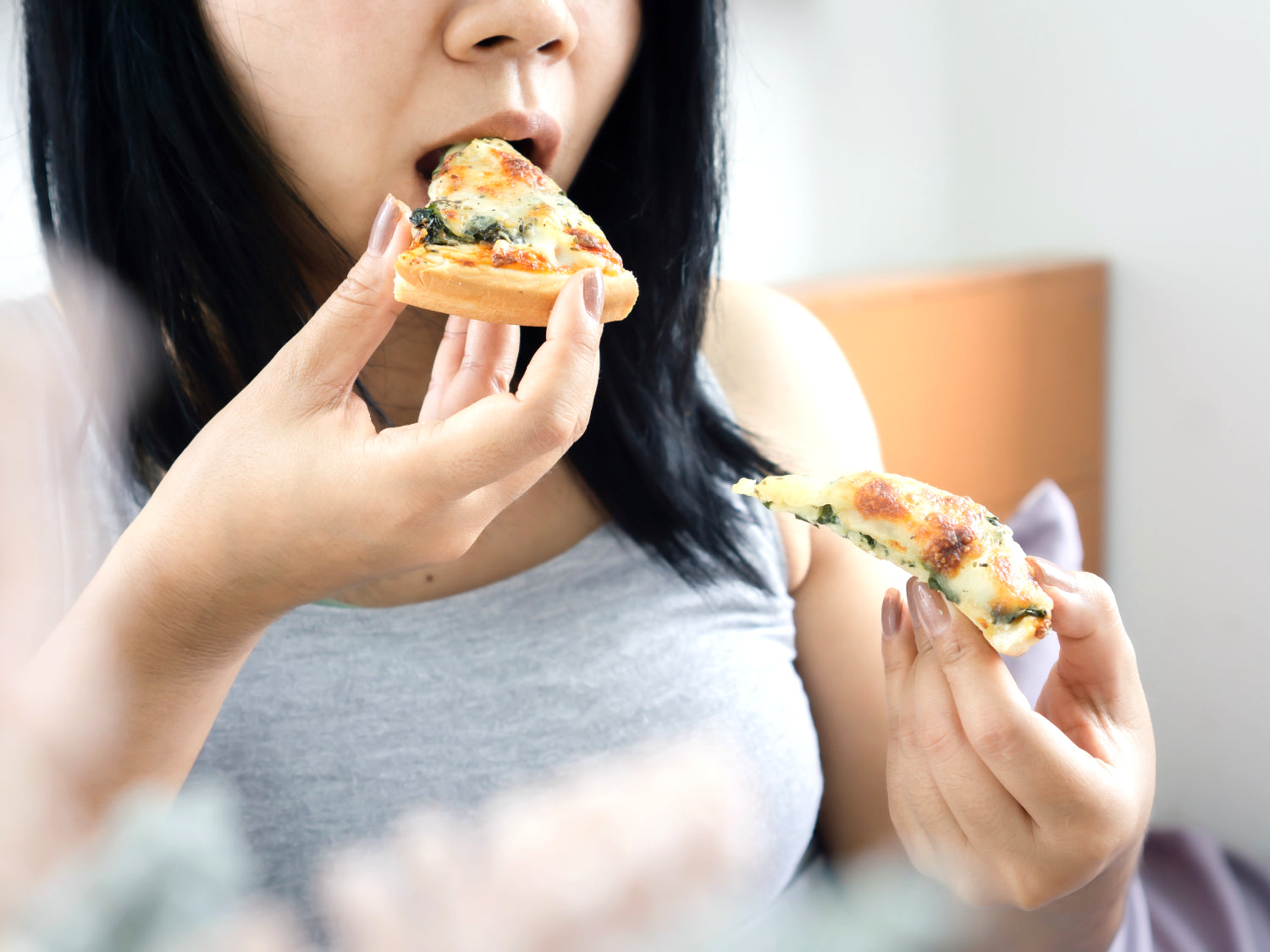
What is Binge Eating Disorder?
In a few days it will be the National Purple Ribbon Day : March 15th will be the day dedicated to raising awareness on the eating disorders , such as anorexia, bulimia, orthorexia, and binge eating disorder.
While some of these pathologies are better known today, thanks to the dissemination work of some specialized organizations, others remain less studied and, therefore, more susceptible to judgment, misunderstanding and stigma.
Among them, the BED: what is it? binge eating disorder ? Without any pretensions of creating scientific literature, but citing official medical sources, we are going to explain what it is, how to recognize that you are affected by it and who to turn to for support.
How to Recognize Binge Eating Disorder
As stated by Dr. Lanfranco Roviglio, dietician at the Humanitas center in Busto Arsizio, Binge Eating Disorder is: “ A subtle eating disorder, characterized by binges without subsequent compensatory mechanisms such as self-induced vomiting, which are typical of bulimia .”
It is often a dynamic that is triggered during adolescence, although there are statistically less likely cases of the problem starting in childhood or adulthood, sometimes following traumatic episodes or stressful periods.
Obviously, rare episodes of excessive eating are not necessarily signs of the disorder: eating a lot one evening at dinner with friends, not knowing how to “control” yourself at the table during a holiday period, etc. are all normal, healthy, carefree behaviors.
BED, on the other hand, is characterized by a frequency of at least twice a week of binges, for several months, done in total solitude and with the feeling of lack of control. The person affected by binge eating disorder is unable to stop eating in those moments, a sort of behavioral blackout, which is followed feeling of shame and physical discomfort , nausea, fear, sadness.

Binge Eating Disorder: Food as an Addiction in the Brain
But why does a seemingly “healthy” individual become gripped by the uncontrolled desire to eat beyond the feeling of satiety, often to the point of feeling physically and emotionally exhausted?
It's about a mechanism similar to that of more “common” addictions , such as alcohol or gambling. Food becomes an immediate consolation, since the act of “eating” releases some feel-good hormones in the brain, such as dopamine.
Remember that eating disorders are real psycho-physical pathologies. Therefore, the causes must always be sought and investigated by professionals, psychological doctors and dieticians in a team, who can support the patient from multiple points of view. Therefore, a therapy that can support both emotions and the body will be needed to be effective.
Asking for help is the first step: at this link There are several associations in all the Regions of Italy, which participate in the Purple Ribbon Day.
Sources:
- https://www.ncbi.nlm.nih.gov/pmc/articles/PMC5637727/
- https://www.auxologico.it/malattia/disturbo-alimentazione-incontrollata-binge-eating-disorder#:~:text=%C3%88%20il%20Disturbo%20del%20Behavior, Alimentare%20nel%20corso%20della% 20life
- https://www.fondazioneveronesi.it/magazine/articoli/neuroscienze/i-disturbi-alimentari-e-la-prima-mappa-dei-centri-specializzate-in-italia
- https://www.humanitas-care.it/news/alimentazione-incontrollata-un-disturbo-alimentare-subdolo/
- https://www.editoremarialuigia.it/disturbi-comportamento-alimentare/binge-eating-disorder/


0 comments